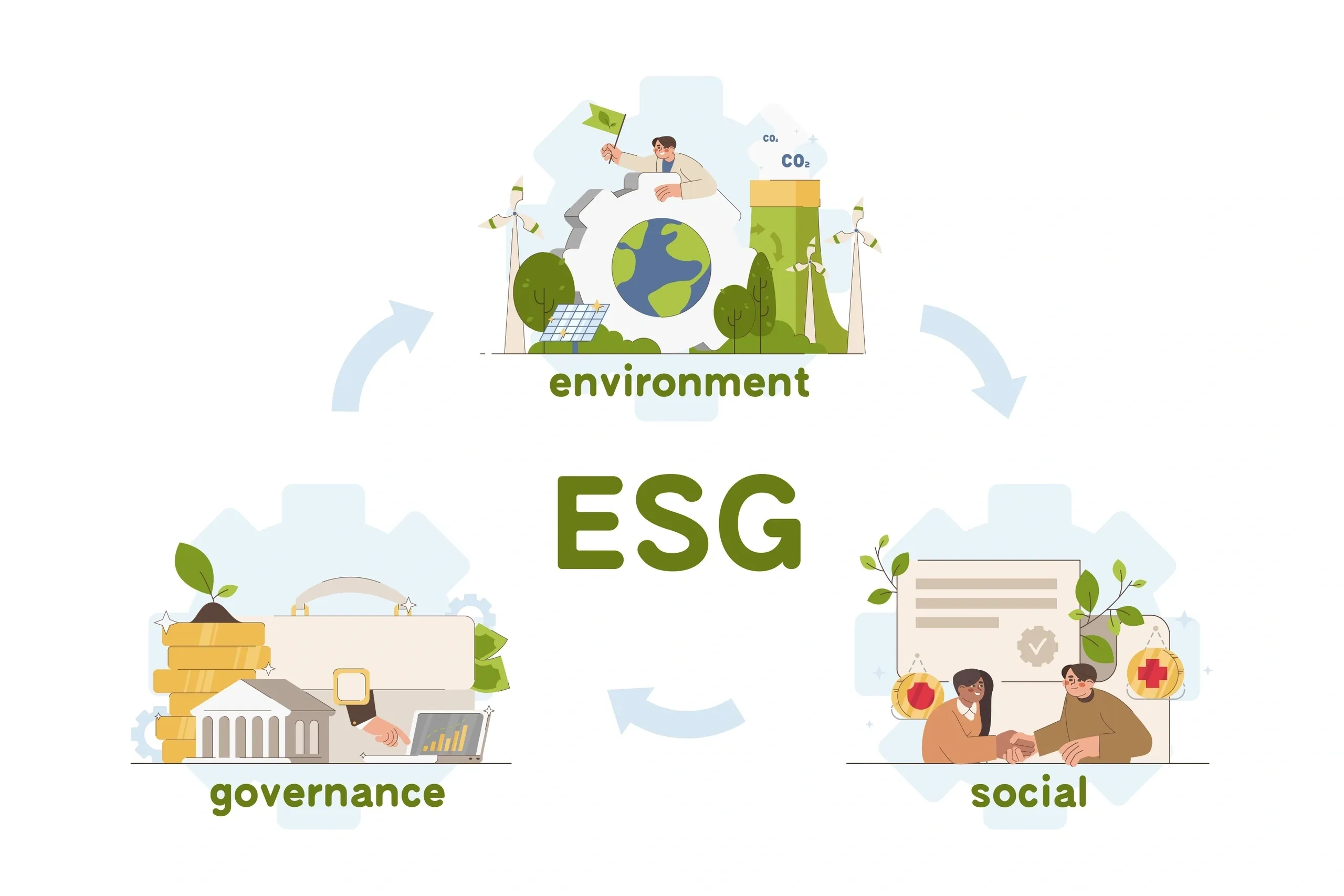
Introduction:-
The rise of Environmental, Social, and Governance (ESG) criteria in the corporate world has brought about a paradigm shift, emphasizing the interconnectedness of businesses with the broader ecosystem. While ESG is undoubtedly beneficial for companies, its positive impact extends to a diverse range of stakeholders. In this article, we explore how ESG practices contribute to the well-being and success of various groups, creating a ripple effect of positive outcomes.
Investors:
ESG considerations have become a critical factor for investors seeking sustainable and responsible investment opportunities. Companies that prioritize ESG principles often demonstrate resilience and long-term viability. This not only attracts socially conscious investors but also helps in mitigating risks associated with environmental and social issues. As a result, investors benefit from stable returns while contributing to positive societal and environmental outcomes.
Customers:
Modern consumers are increasingly discerning, favoring companies that align with their values. ESG-oriented businesses are well-positioned to meet this demand, appealing to a growing market of socially conscious consumers. By prioritizing environmental sustainability, ethical practices, and community engagement, companies can build trust and loyalty among customers, ultimately enhancing their brand image and market competitiveness.
Employees:
ESG practices positively impact the workforce by fostering a culture of responsibility and care. Employees are more likely to be engaged and committed to companies that prioritize their well-being, offer fair employment practices, and actively contribute to social and environmental causes. This, in turn, leads to higher productivity, lower turnover rates, and a more positive work environment.
.
Communities:
Local communities benefit significantly from companies that embrace ESG principles. Engaging in philanthropy, supporting local initiatives, and addressing community-specific challenges contribute to sustainable development. This proactive approach not only enhances a company's reputation but also establishes it as a responsible corporate citizen, strengthening the bond between the company and the communities it operates in.
Suppliers and Business Partners:
ESG practices extend throughout the supply chain, influencing the behavior of suppliers and business partners. Companies that prioritize ethical sourcing, fair labor practices, and sustainable business operations create a positive ripple effect, encouraging similar behavior among their partners. This, in turn, contributes to a more ethical and sustainable global business ecosystem.
Regulators and Policymakers:
ESG provides a valuable framework for regulators and policymakers to encourage responsible business practices. Companies that voluntarily adopt ESG measures demonstrate a commitment to compliance and often serve as examples for industry best practices. This alignment with regulatory expectations fosters a collaborative environment between businesses and government entities, leading to the development of more effective and sustainable policies.
Conclusion:-
In embracing ESG, companies not only enhance their own sustainability and resilience but also contribute positively to a wide range of stakeholders. From investors and customers to employees and communities, the benefits of ESG are far-reaching, creating a shared value ecosystem where responsible business practices lead to collective prosperity. As businesses continue to integrate ESG principles, the ripple effect of positive outcomes is likely to amplify, fostering a more sustainable and responsible global business landscape.
